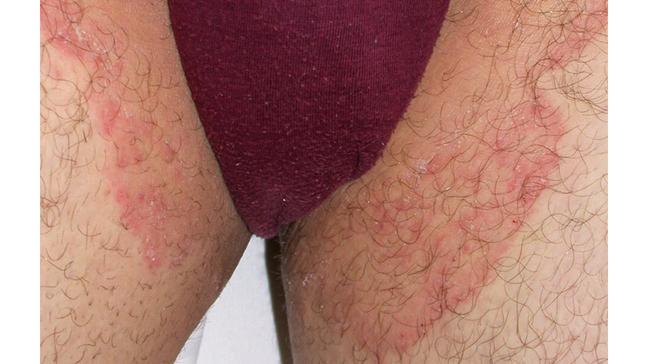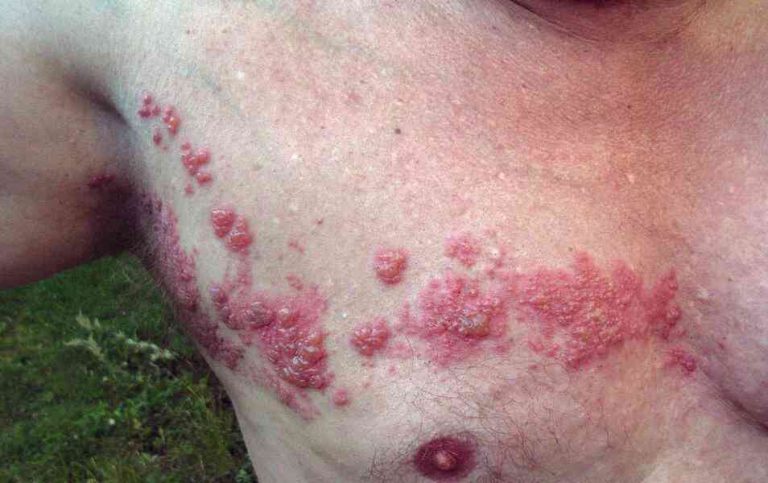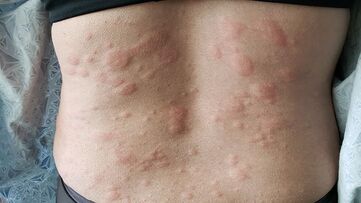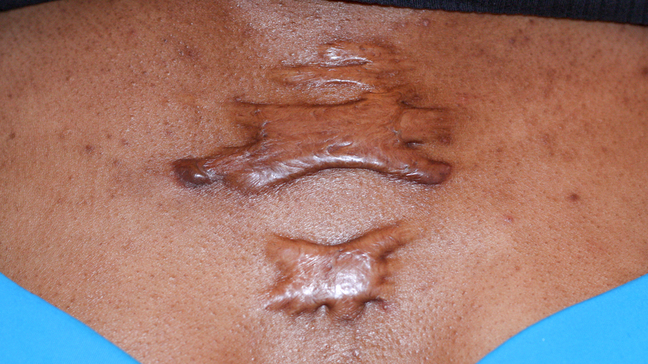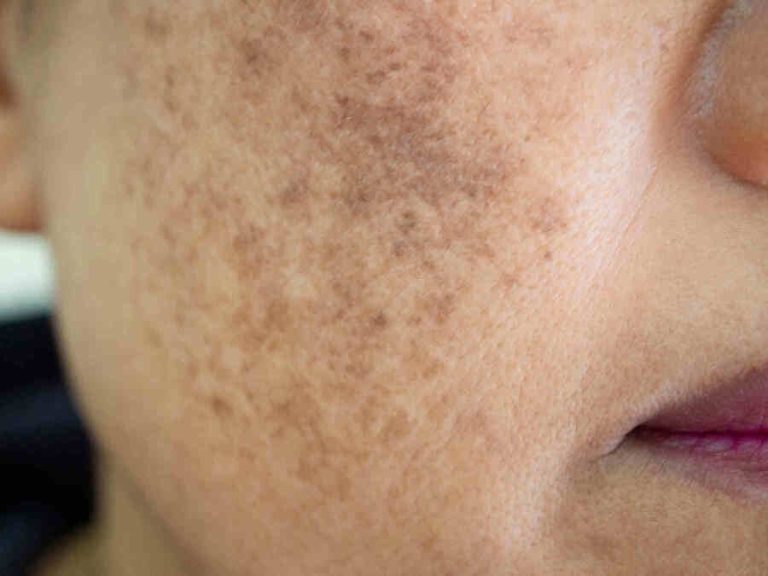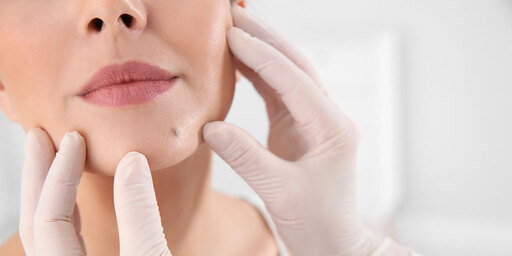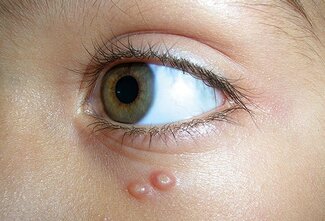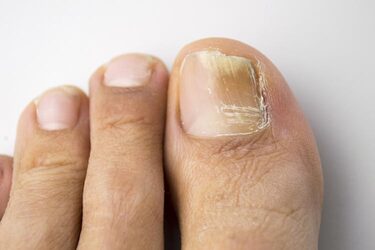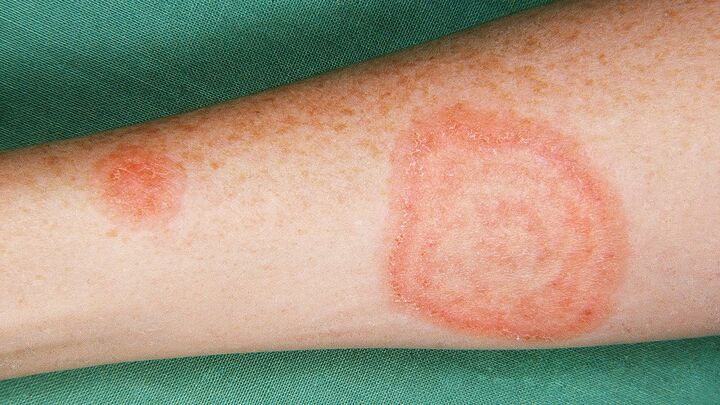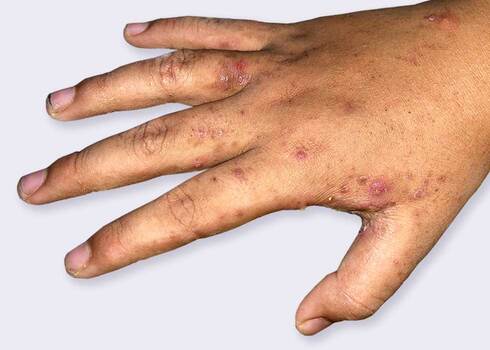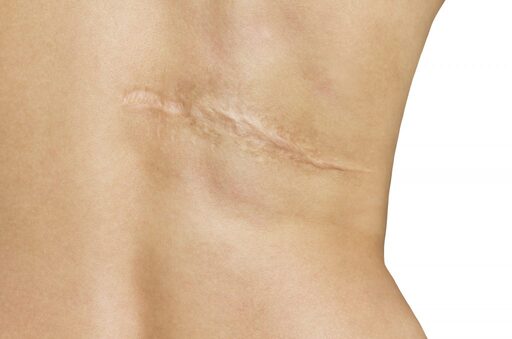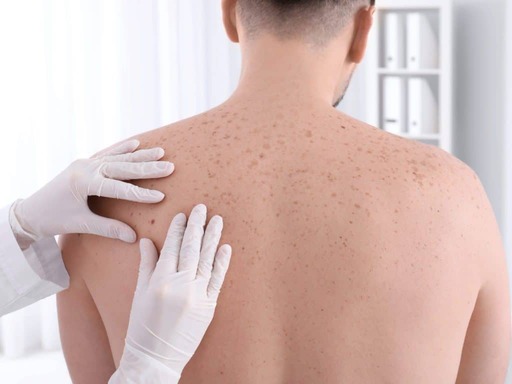
Our skin is your largest, heaviest organ, and it has many important functions. It protects you from heat, cold, germs and dangerous substances.It’s also a great indicator of your overall health — changes in the color or feel of your skin can be a sign of a medical problem. It’s important to take proper care of your skin and be aware of its overall health.
A dermatologist is a doctor who has expertise in the care of:
- Skin.
- Hair.
- Nails.
They’re experts in diagnosing and treating skin, hair and nail diseases, and they can manage cosmetic disorders, including hair loss and scars.
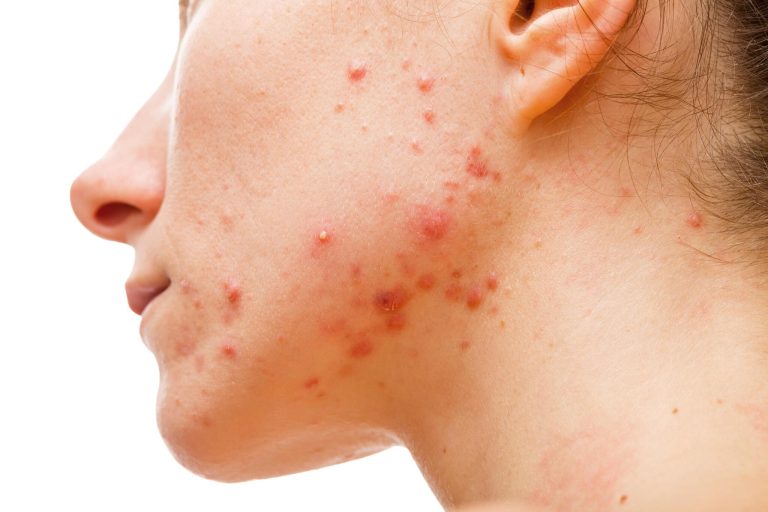
Acne
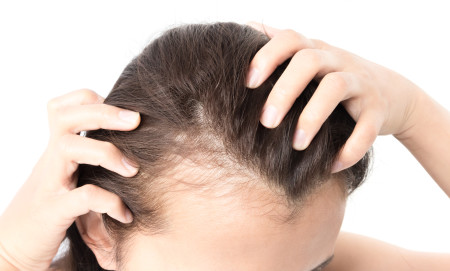
Alopecia (Hair Loss)
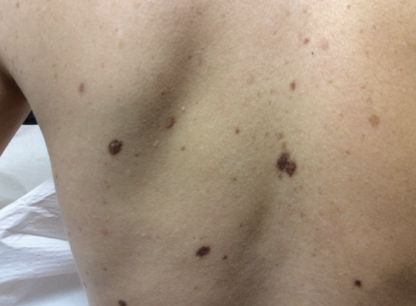
Atypical Growths/Lesions
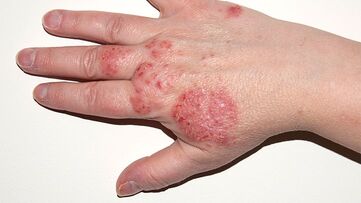
Eczema/Atopic Dermatitis
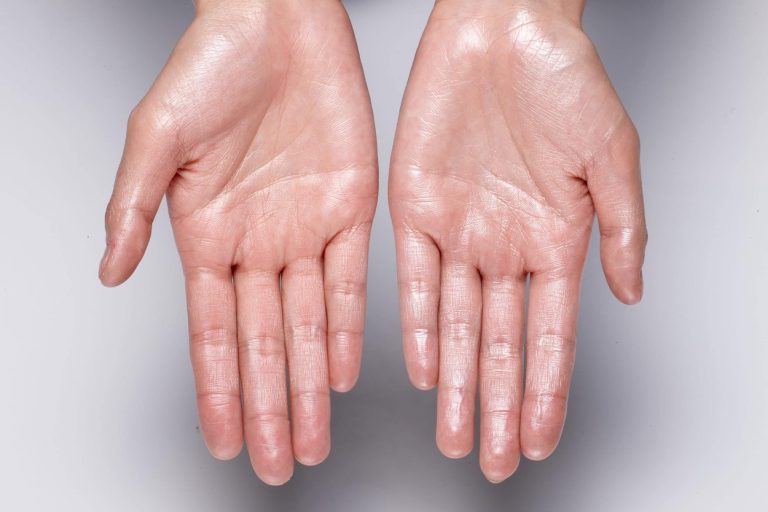
Hyperhidrosis (Excessive Sweating)
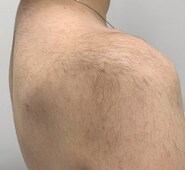
Hypertrichosis (Excess Hair)
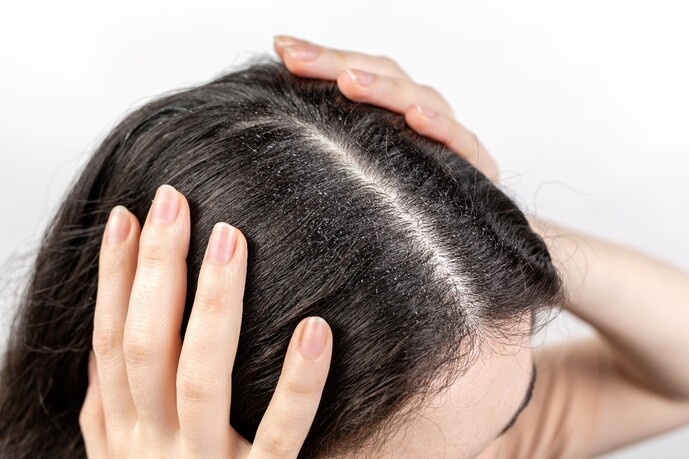
Dandruff/Seborrheic Dermatitis
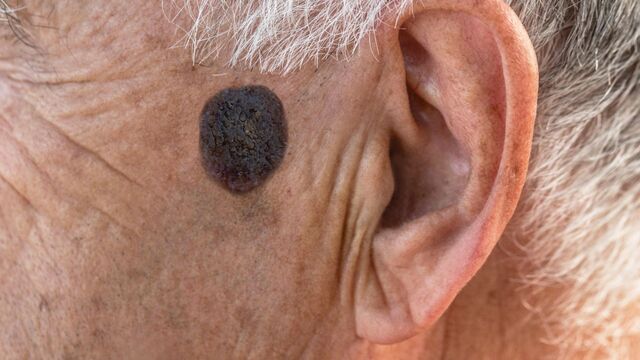
Keratoses (Actinic/Seborrheic)
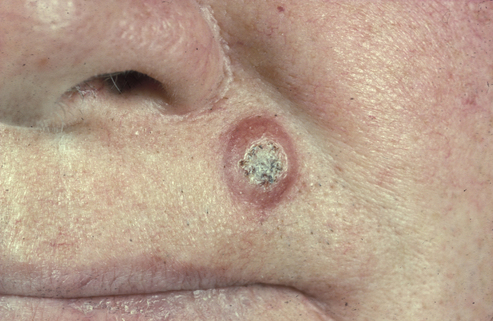
Skin Cancer (Basal Cell/Squamous Cell)
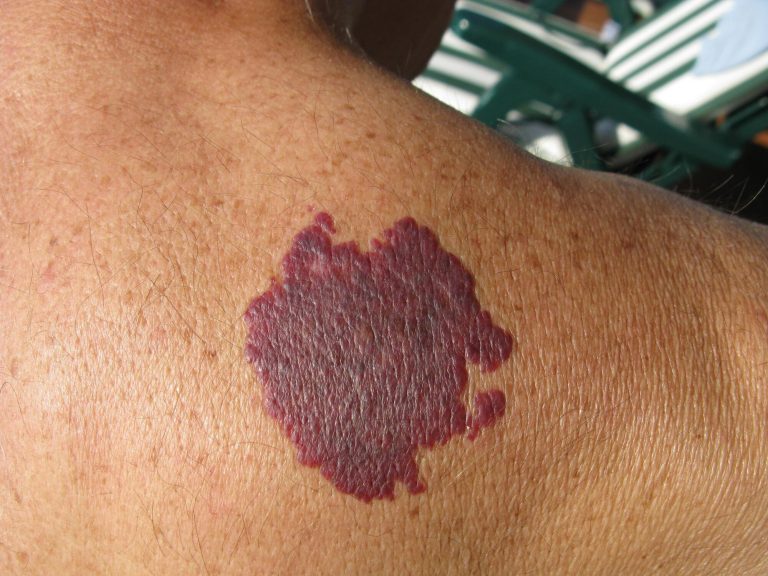
Vascular Birthmark Lesions
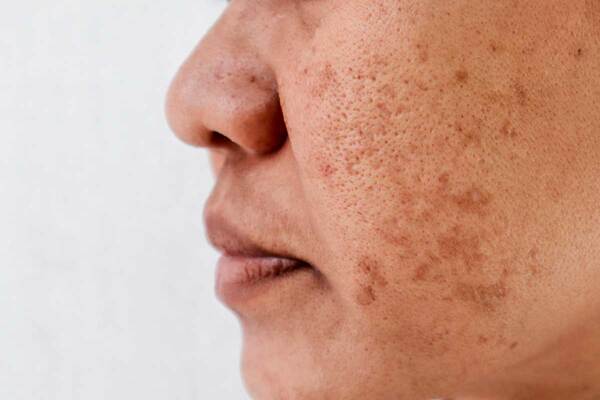
Sun Damage
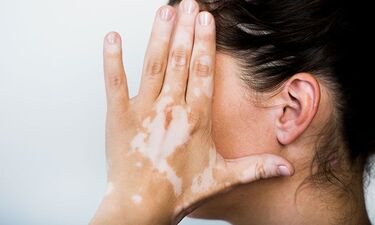
Vitiligo
What our dermatologists do?
Dr Chandana helps in disease diagnosis and treat underling skin problems.There are wide number of skin diseases with which patients presents to us regularly. Some of the disease conditions we commonly encounter are listed below
- Acne
- Alopecia (Hair Loss)
- Atypical Growths/Lesions
- Dandruff/Seborrheic Dermatitis
- Eczema/Atopic Dermatitis
- Fungal Infection
- Herpes Simplex/Zoster
- Hives
- Hyperhidrosis (Excessive Sweating)
- Hypertrichosis (Excess Hair)
- Itching
- Keratoses (Actinic/Seborrheic)
- Keloids
- Melasma
- Melanoma
- Moles
- Molluscum Contagiosum
- Nail Infections
- Psoriasis
- Rashes
- Rosacea
- Scabies
- Scar Conditions
- Skin Cancer Screenings
- Skin Cancer (Basal Cell/Squamous Cell)
- Sun Damage
- Vascular Birthmark Lesions
- Vitiligo
- Warts
How should I prepare for my first dermatologist appointment?
To get the most out of your first dermatologist appointment, it’s helpful to prepare.You can:
- Bring a list of the most important issues you want to discuss with your dermatologist.
- Note any changes in your overall health.
- Keep a symptom diary (and bring it with you) and record your events, including the day and time they occurred, how long the event lasted, severity, triggers, symptoms and any action you took to end the event. Bring clear photos, if possible.
- Learn about your family medical history. This information can help your dermatologist make an accurate diagnosis.
- Wear loose clothing so your dermatologist can easily perform an examination.
- Avoid wearing makeup or nail polish. Wearing makeup or nail polish may make it difficult for your dermatologist to examine your skin or nails properly.
- Consider using a washable pen to circle spots on your body. Physical reminders help you remember what to mention to your dermatologist.
- Bring copies of test results, including images and lab work ordered by other healthcare providers outside your dermatologist’s healthcare network.
- Bring a list of all current products you take or use. Include prescription medications, over-the-counter (OTC) medications, vitamins, supplements, herbal products, soaps, makeup and sunscreens. Also, let your dermatologist know about any previous medications that didn’t work or caused side effects.
- Bring a list of your known allergies.
- Bring a friend or relative with you to take notes and be another set of ears and eyes to the appointment. This person can help review your dermatologist’s discussion, ask questions and remind you about scheduling tests and follow-up appointments.
- Ask if you should schedule another appointment to discuss any additional concerns.
A note from La skin 360
Our dermatologist will examine you, order lab tests, make a diagnosis and treat your condition with medication or a procedure. Before your appointment, prepare notes and organize your health information. Be sure to ask any questions that come to mind. Our dermatologist wants to help you diagnose your condition, treat or manage it in the best way possible and support you.


